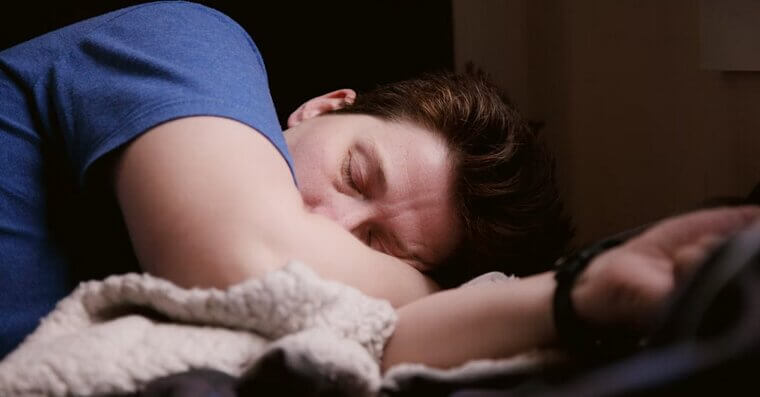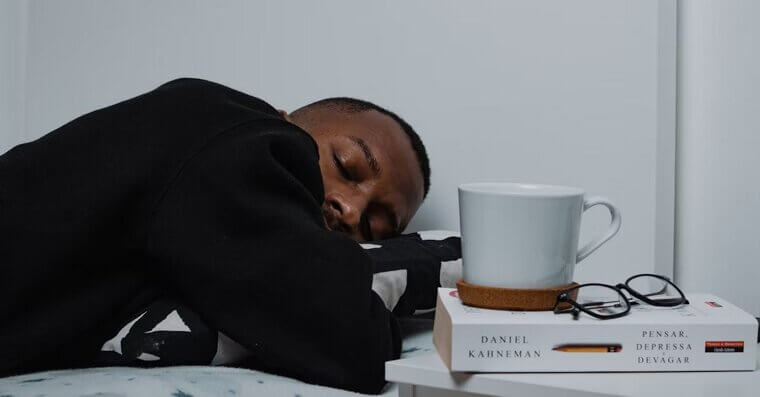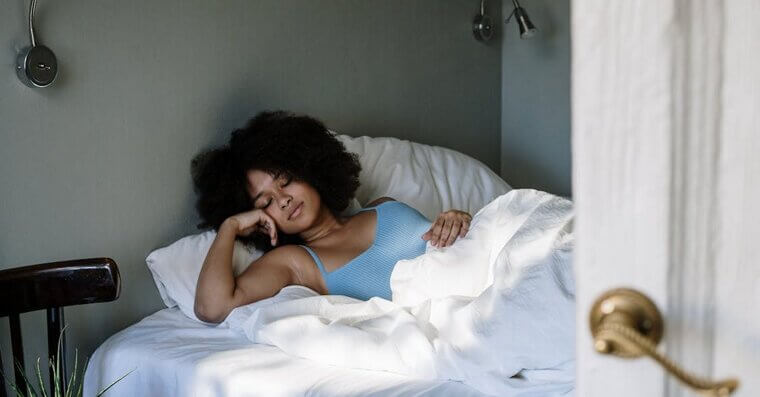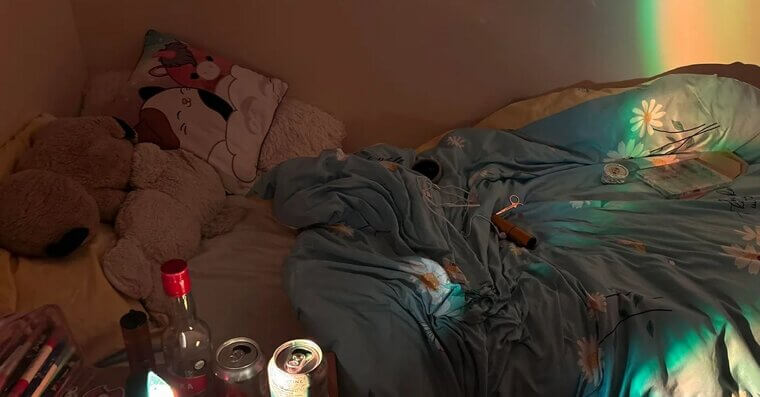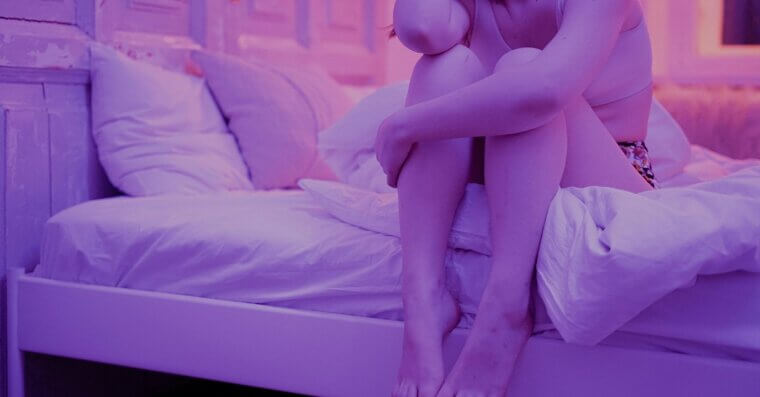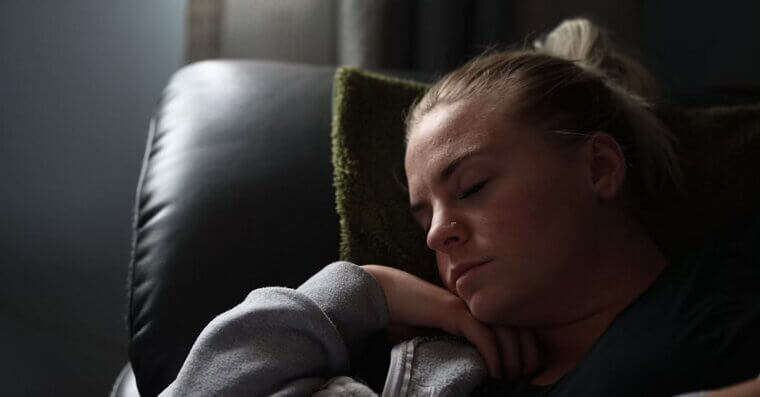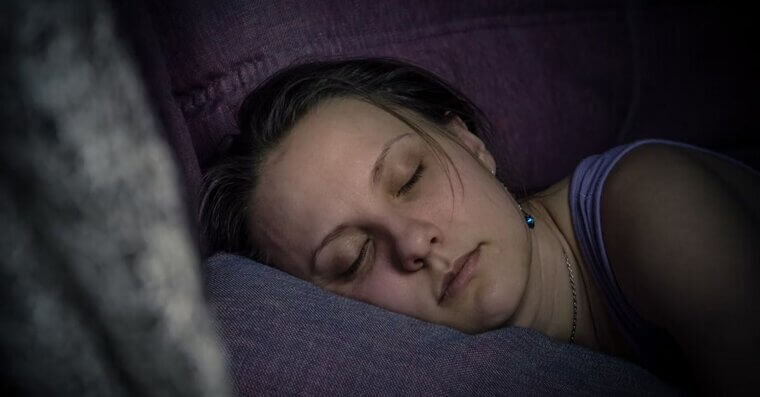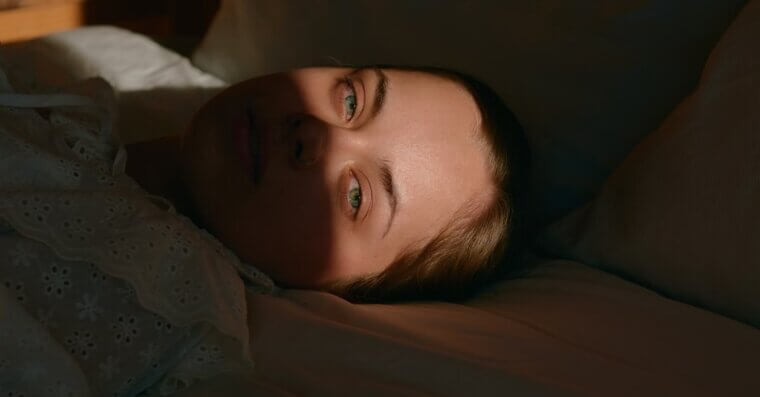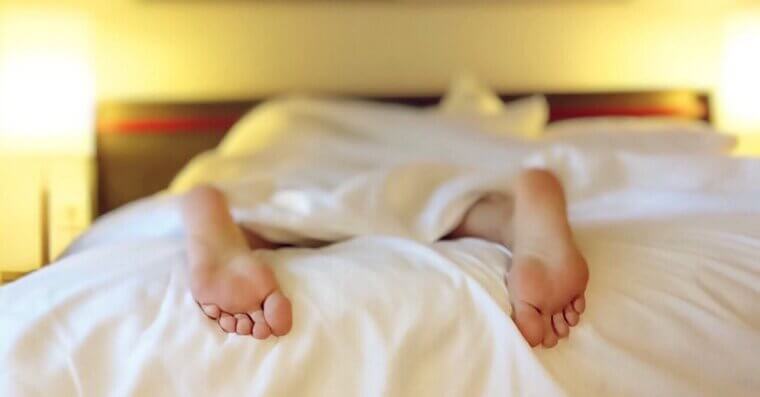Sleep Mistakes That Prevent You From Feeling Rested
Ever wake up after a full eight hours of sleep and still feel like you’ve been hit by a truck? You’re not alone. The truth is, it’s not just the amount of sleep that matters - it’s the quality. Small sleep habits and mistakes can add up. Here’s 15 ways in which you might be sleeping wrong.
Scrolling Before Bed
Every doctor in the world will tell you: stop scrolling before bed. Blue light from screens messes with melatonin production, making it harder to fall into deep sleep. Even if you get eight hours, the quality isn’t there, so you wake up groggy. Try swapping the phone for a book, at the very least.
Inconsistent Sleep Schedule
Going to bed at 10 pm one night and 1 am the next throws off your body clock in a major way. Your circadian rhythm loves consistency, and without it, you might feel tired even after a full night’s rest. Go to bed at the same time and train your body to know when it’s time to shut down.
Too Much Caffeine
Doctors will also tell you this: don’t drink too much coffee after noon. It might keep you awake long after your head hits the pillow. Caffeine can stay in your system for 6–8 hours, ruining your deep sleep. Even if you sleep as long as usual, it won’t feel right.
Sleeping in a Hot Room
Bad luck if you live in a hot country. Your body naturally cools down at night, so a hot room interferes with that process. Instead of hitting deep sleep, you end up tossing and turning. A fan or lighter bedding might help if you don’t have air conditioning.
Late-Night Snacking
Mmm, midnight pizza. Or maybe it’s not so “mmm”, because it keeps your body busy digesting instead of focusing on sleep. Heavy or sugary foods before bed can cause restless sleep and even weird dreams. Avoid food two hours before bedtime for a better sleeping experience.
Too Much Alcohol
A glass of wine may help you fall asleep, but alcohol interrupts REM cycles, which are crucial for feeling refreshed. You might sleep for a long time but still feel like you didn’t really rest. Why not put the wine aside for now and try herbal tea instead?
Stressful Bedtime Thoughts
Everyone does it, but you really shouldn’t replay old embarrassing conversations while you’re trying to sleep. That rumination keeps your body in a stressed state, preventing real rest and waking you up drained. Journaling, meditation, or even writing down tomorrow’s tasks can help with this.
Poor Sleep Environment
It’s time to clear up your messy room. Piles of stuff everywhere, old mattresses, and trash on the floor can ruin the quality of your sleep. You might be unconscious for eight hours, but you’re not truly resting in a cluttered space. And new mattresses are expensive, but they’re worth it.
Too Much Light
Light sneaking in through the blinds - or worse, sleeping with the TV on - confuses your body’s natural sleep signals. Even dim light reduces melatonin, keeping your brain more alert than it should be. It may be time to invest in some blackout curtains.
Napping Too Long
A nap feels amazing in the middle of the day, but overdoing it can wreck your nighttime sleep. Anything longer than 30 minutes throws your sleep cycle out of whack, leaving you restless at night and tired the next morning. Sorry to all you nap lovers out there.
Irregular Bedtime Rituals
Jumping straight from a busy day to bed doesn’t give your body time to wind down. Without a calming routine - like reading, stretching, or dimming lights - your body doesn’t get the hint it’s time to sleep. You need to indulge in some quiet time before you sleep.
Overthinking Sleep
Ironically, stressing about getting enough sleep can cause you to get less sleep. If you’re lying awake worrying about not sleeping, you create anxiety that keeps you up longer. This “sleep pressure” makes sleeping less restorative. Instead, relax and remind yourself that rest is still valuable even if it’s not sleep.
Dehydration
Not drinking enough water during the day leaves you waking up tired. Dehydration can cause headaches, dry mouth, and above all poor sleep quality. The trick is balancing your hydration - drink plenty during the day but ease up before bed so you don’t spend the night running to the bathroom.
Ignoring Snoring
Snoring may seem harmless, but it’s a symptom of sleep apnea. And sleep apnea interrupts breathing and reduces oxygen levels, keeping you from entering deep sleep. Many people sleep for eight hours but wake up exhausted because their sleep cycles were constantly disrupted. If you or your partner snore heavily, it’s worth checking with a doctor.
Too Much Sleep
Yep, even oversleeping can leave you groggy. It confuses your body’s natural rhythms and can make you feel like you’ve got a “sleep hangover.” Sticking to 7–9 hours is best. Quality always beats quantity when it comes to waking up refreshed.



